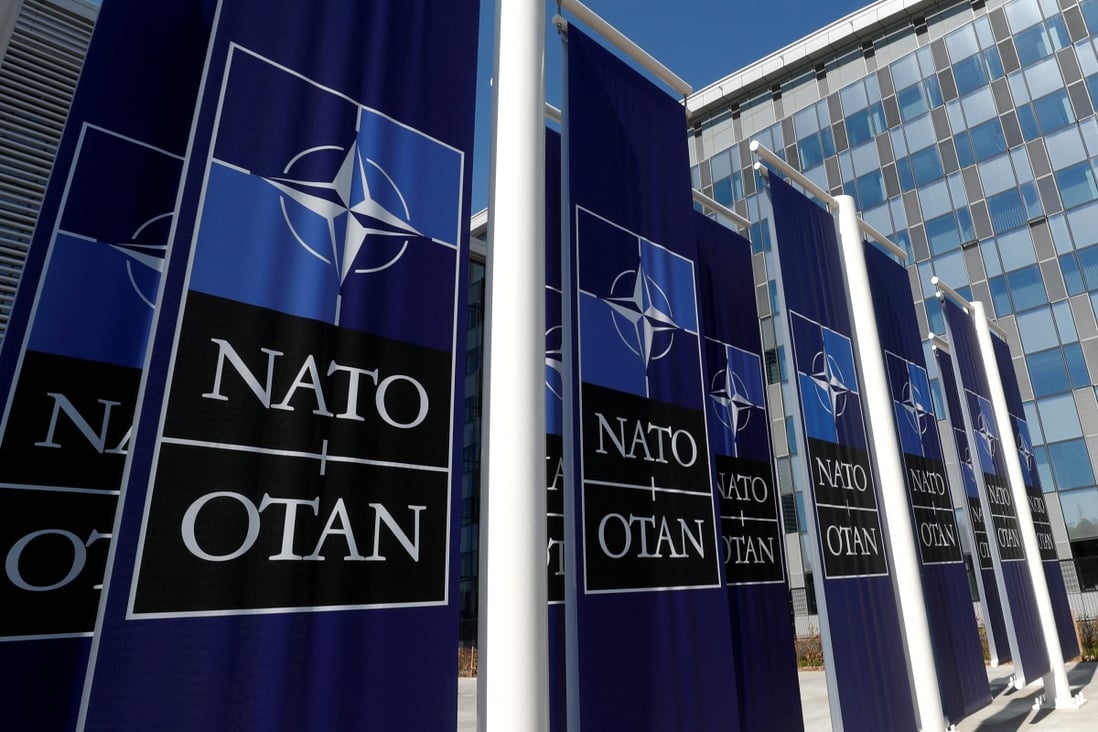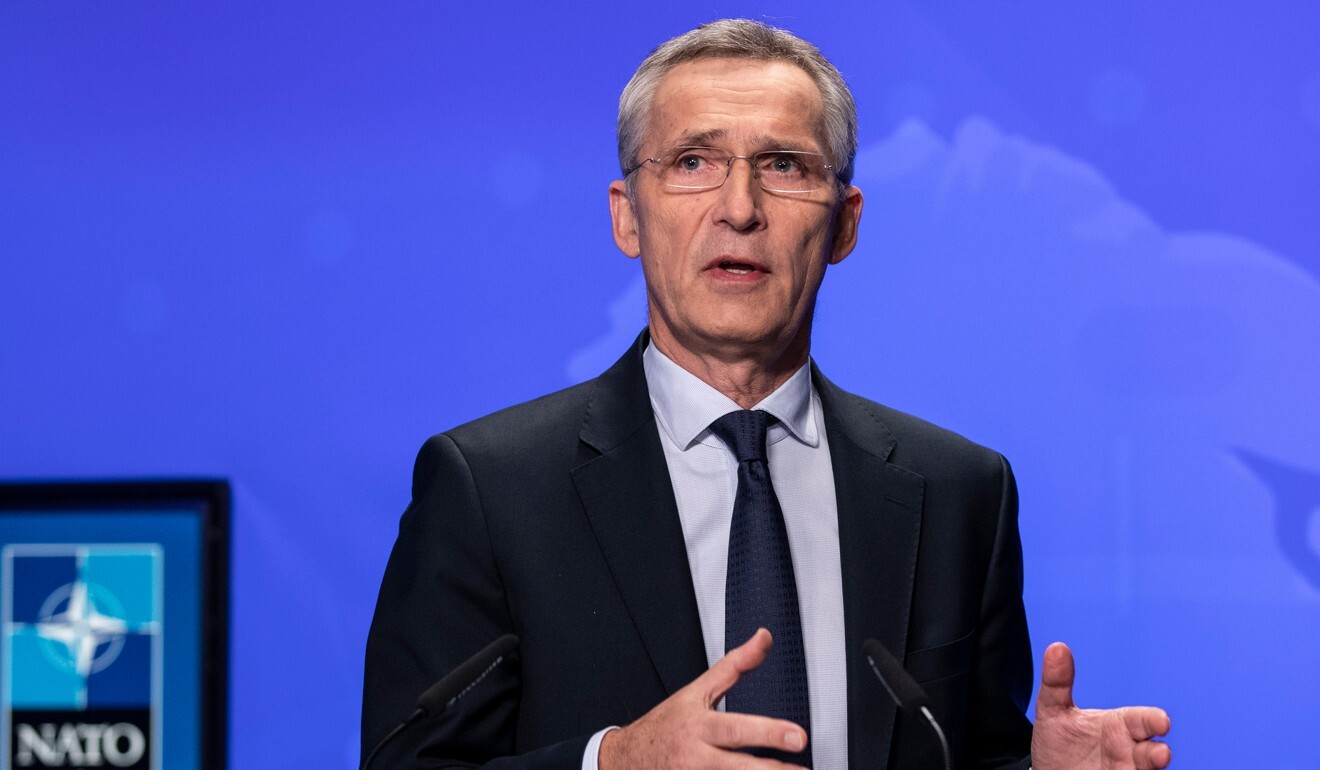Stuart Lau

Beijing’s repeated promises to rise peacefully into a global superpower were largely ignored in the report outlining the next 10 years of focus for Nato, which is now called upon to “increase capacity to anticipate and react to Chinese activities that undermine allies’ security”.
While Russia remains the top Nato threat, the report suggests that the coalition “remain open to discussing peaceful coexistence” with Moscow while staying united to respond to hostile moves – a mix that reflects the differences in attitude among Nato members.
On China, however, the report is much more hawkish, calling into question Beijing’s willingness to use force against its neighbours and the rapidity of its military modernisation. It also calls for a partnership with India, China’s military arch-rival in South Asia.
“Longer term, China is increasingly likely to project military power globally, including potentially in the Euro-Atlantic area,” the report said. “If allies are threatened by China, Nato must be able to demonstrate its ability to be an effective actor to provide protection.”
It added that Nato “must devote much more time, political resources and action to the security challenges posed by China” and “should enhance its ability to coordinate strategy and safeguard allies’ security vis-à-vis China”.
By portraying Beijing as a potential actor in the European theatre, the report – written by 10 independent experts appointed by Secretary General Jens Stoltenberg – casts China as a threat not only to the US, but also European members who are traditionally sceptical of being drawn into any military rivalry between the US and China.
Nato “must expand efforts to assess the implications of China’s technological development and monitor and defend against any Chinese activities that could impact collective defence, military readiness or resilience in the Supreme Allied Commander Europe’s area of responsibility”, the authors wrote.
While China poses what the report calls a “very different kind” of challenge to Nato than Russia, it said China “has proven its willingness to use force against its neighbours, as well as economic coercion and intimidatory diplomacy well beyond the Indo-Pacific region”.

The report, written by 10 independent experts appointed by Secretary General Jens Stoltenberg (shown), casts China as a threat not only to the US, but also European members who are traditionally sceptical of being drawn into any military rivalry between the US and China. Photo: Handout
Australia, which China has recently threatened with trade restrictions over diplomatic disputes, is one of the Indo-Pacific partners that the report asks Nato to “deepen consultation and cooperation with”, along with Japan, New Zealand and South Korea.
“China must be considered in prospective future arms control negotiations, especially in the contexts of nuclear weapons and ballistic missiles. The alliance should encourage China to engage in meaningful and verifiable arms control to reduce the chance of an arms race in Asia and beyond,” the report said.
“While China does not pose an immediate military threat to the Euro-Atlantic area on the scale of Russia, it is expanding its military reach into the Atlantic, Mediterranean and Arctic, deepening defence ties with Russia, and developing long-range missiles and aircraft, aircraft carriers and nuclear-attack submarines with global reach, extensive space-based capabilities and a larger nuclear arsenal.
“Over the coming decade, China will likely also challenge Nato’s ability to build collective resilience, safeguard critical infrastructure, address new and emerging technologies such as 5G and protect sensitive sectors of the economy including supply chains,” it adds.
The report also asks Nato allies to “uphold cohesion” while engaging with China bilaterally, citing the Belt and Road Initiative and the 17+1 platform through which Beijing handles central and eastern Europe.
The report also suggests that Nato focus its criticism on Beijing authorities, not the nation as a whole.
“In all of its actions toward China, Nato should continue to show that it has no quarrel with the Chinese people and that any actions it undertakes are defensive in nature and in response to the stated intentions or actions of the current Chinese government.”
Nato should also be open to “the possibility of constructive dialogue” with China “when it serves its interests”, and should continue to identify opportunities and prospects to tackle a number of global challenges.
No comments:
Post a Comment